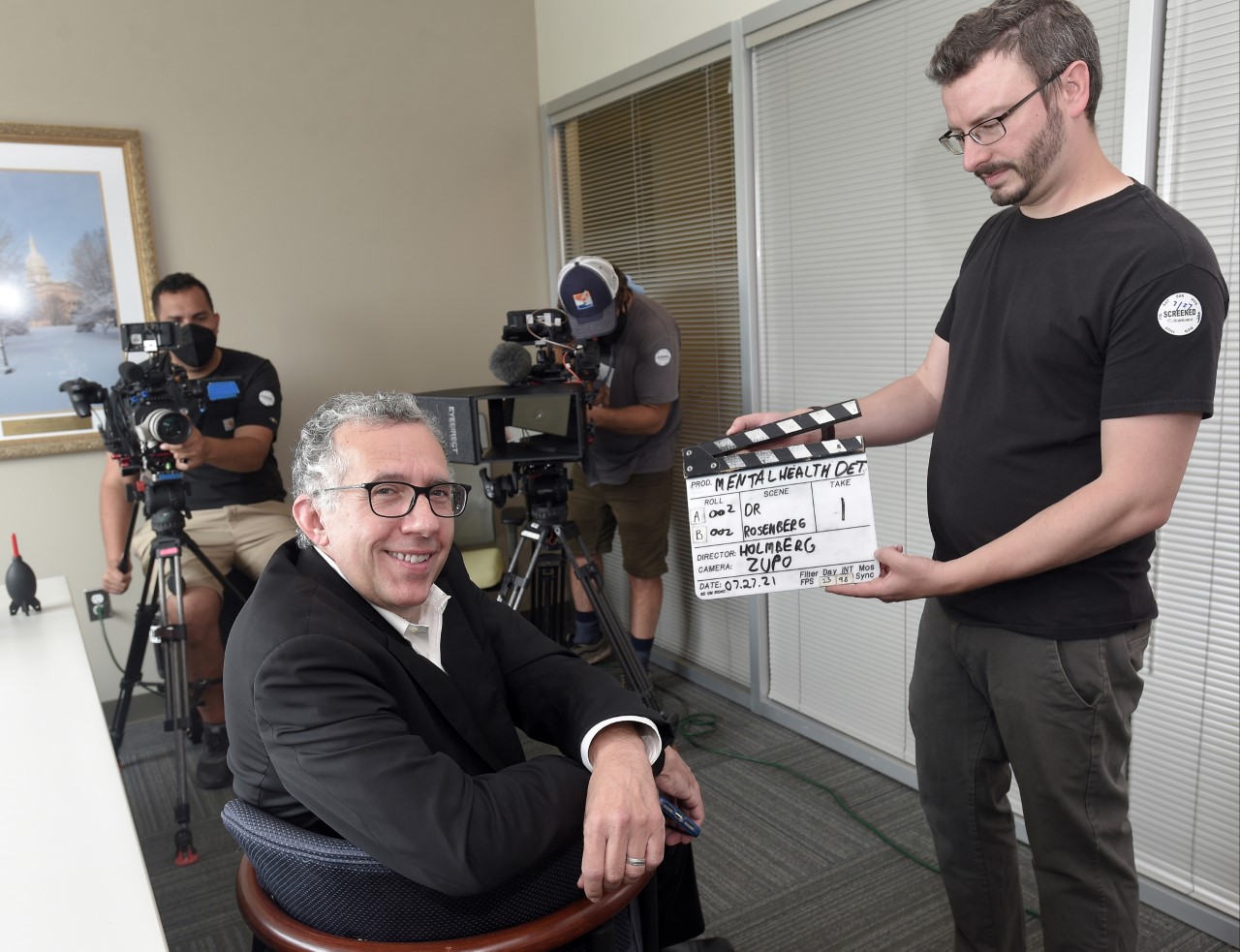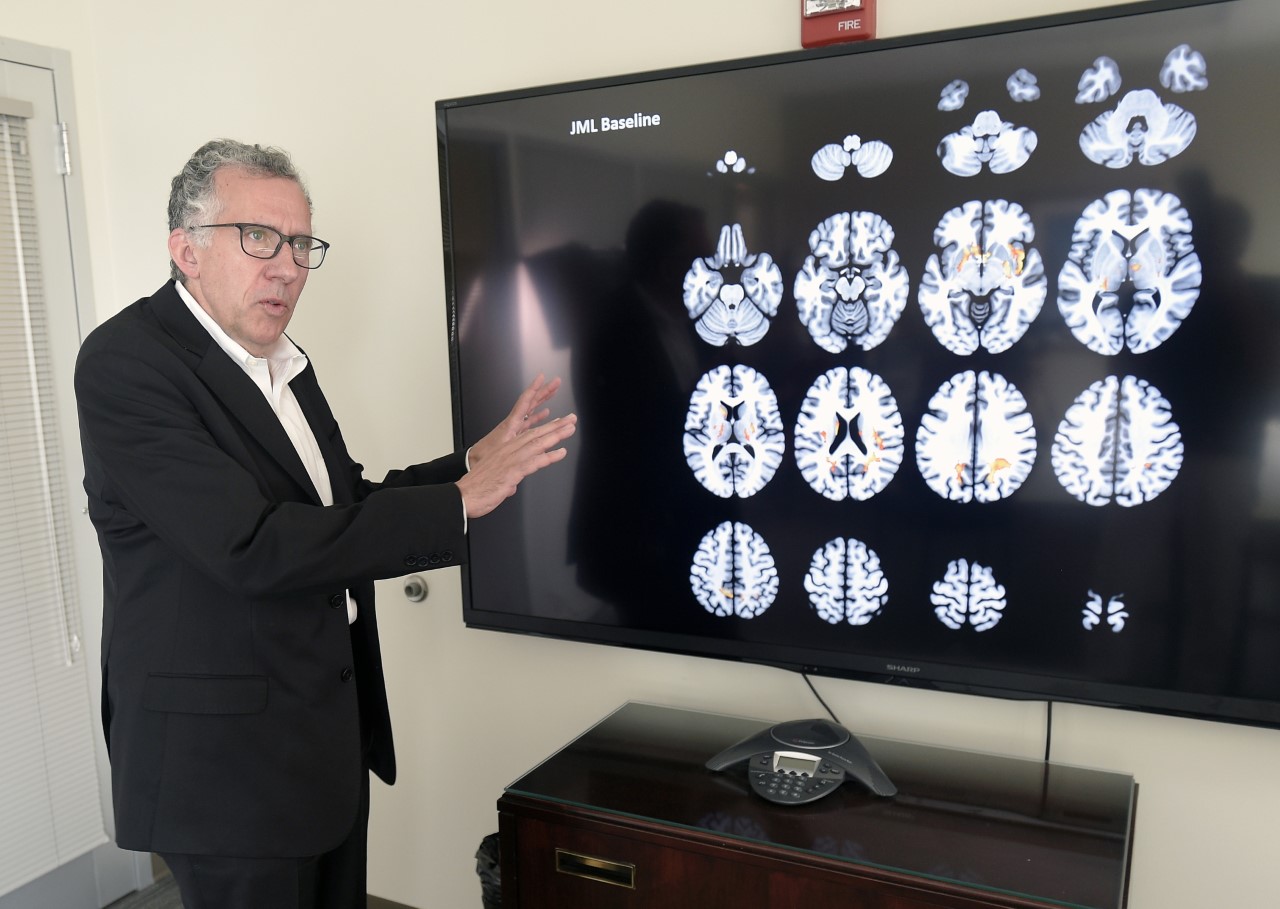
David Rosenberg, M.D., chair of Wayne State University's Department of Psychiatry and Behavioral Neurosciences, will be featured in a two-part national television special on A&E highlighting mental health issues in America.
The special, “Voices Magnified: Mental Health Crisis,” will air Sept. 20 and 27 at 10 p.m. The first episode will focus primarily on adults and the second on children and adolescents.
“There is no question that there is a mental health crisis in America magnified and accelerated by the COVID-19 pandemic,” Dr. Rosenberg said. “In fact, mental health continues to get worse in the United States, and the country is ill-equipped to handle the growing crisis. The crisis has reached epidemic proportions in children and adolescents who remain the diagnostic and therapeutic orphans of American health care. In a system dominated by posturing, finger pointing and arguments about who will pay the bills, those without votes are often not taken into account, so we have Medicare rather than ‘Pedicare,’ and literally millions of American children who don’t have access to adequate mental health care.”

A&E said its program “showcases honest and personal stories of Americans from across the country highlighting the critical issue of mental health in America…. the special strives to end the stigma associated with conversations around mental health and will help viewers understand signs and symptoms, give tools for coping and educate on different ways people can get help.”
Hosted by OZY’s Carlos Watson, the episodes will include first-person stories, including one of Dr. Rosenberg’s patients and a family member.
The national exposure is nothing new for Dr. Rosenberg, who has shared his expertise several times on ABC’s “20/20” and NBC’s “Today.”
“When done the right way, these national TV appearances reach a lot of people, not just on the original airing but also on the internet, so they can do enormous good,” he said. “In terms of our clinical research studies and clinical trials, these appearances can be very helpful in terms of recruiting patients and their families who may benefit from our studies, and also get the word out that help is available. It is not uncommon for us to receive 1,000 or more calls after one of these appearances.”